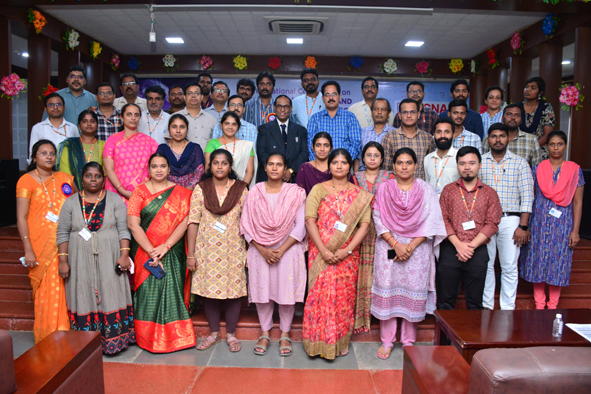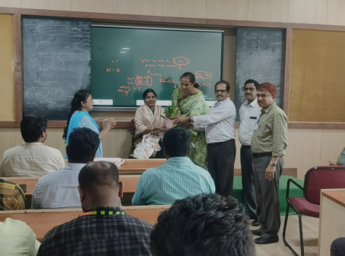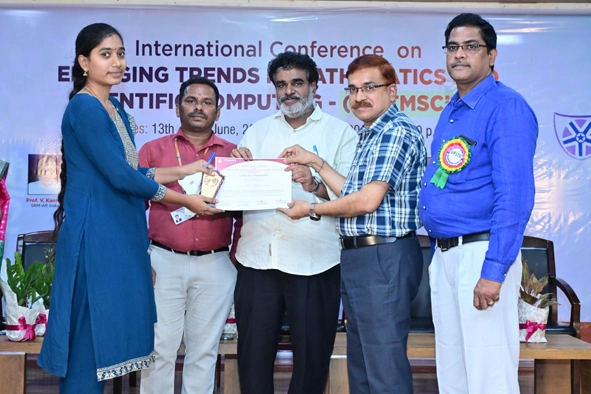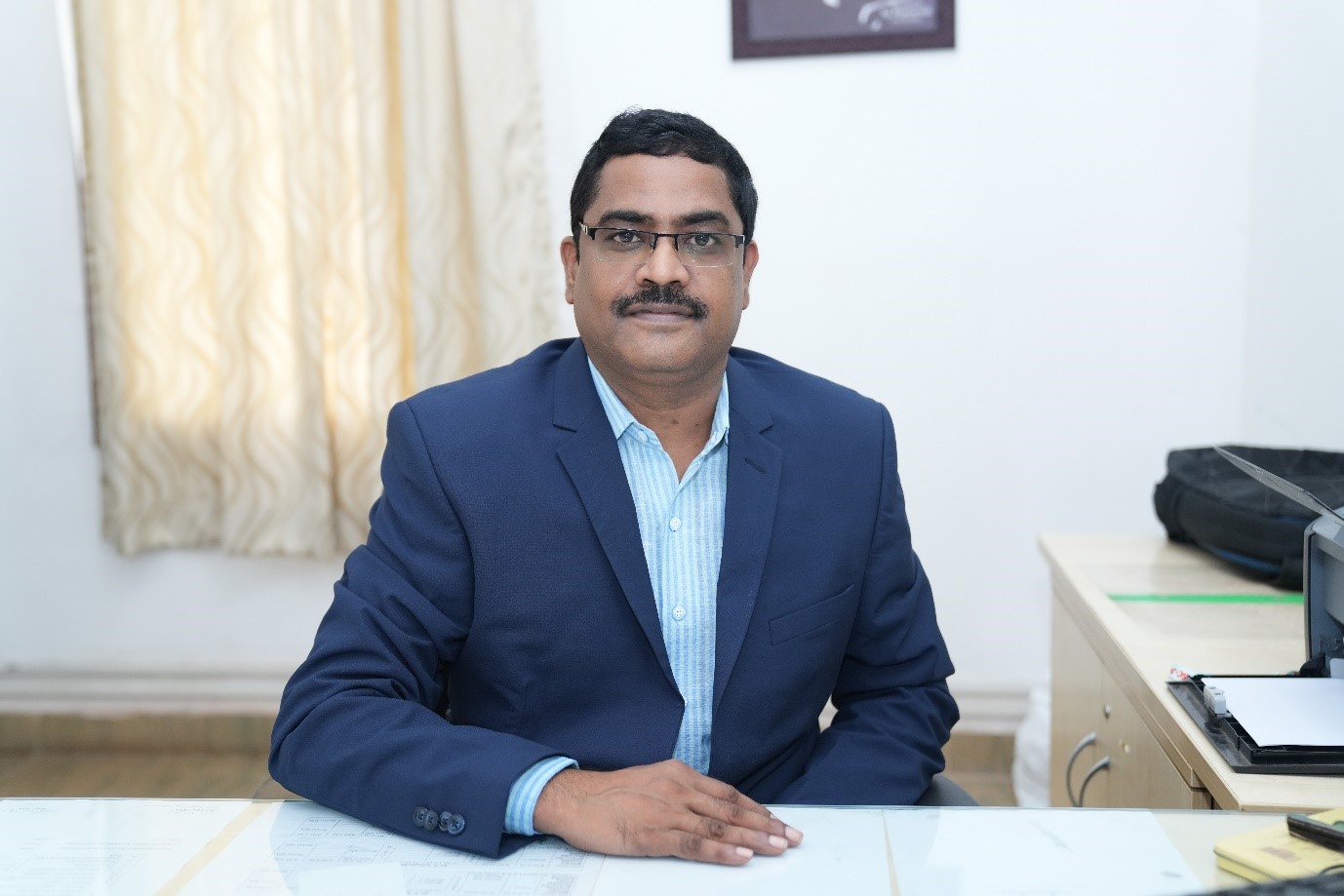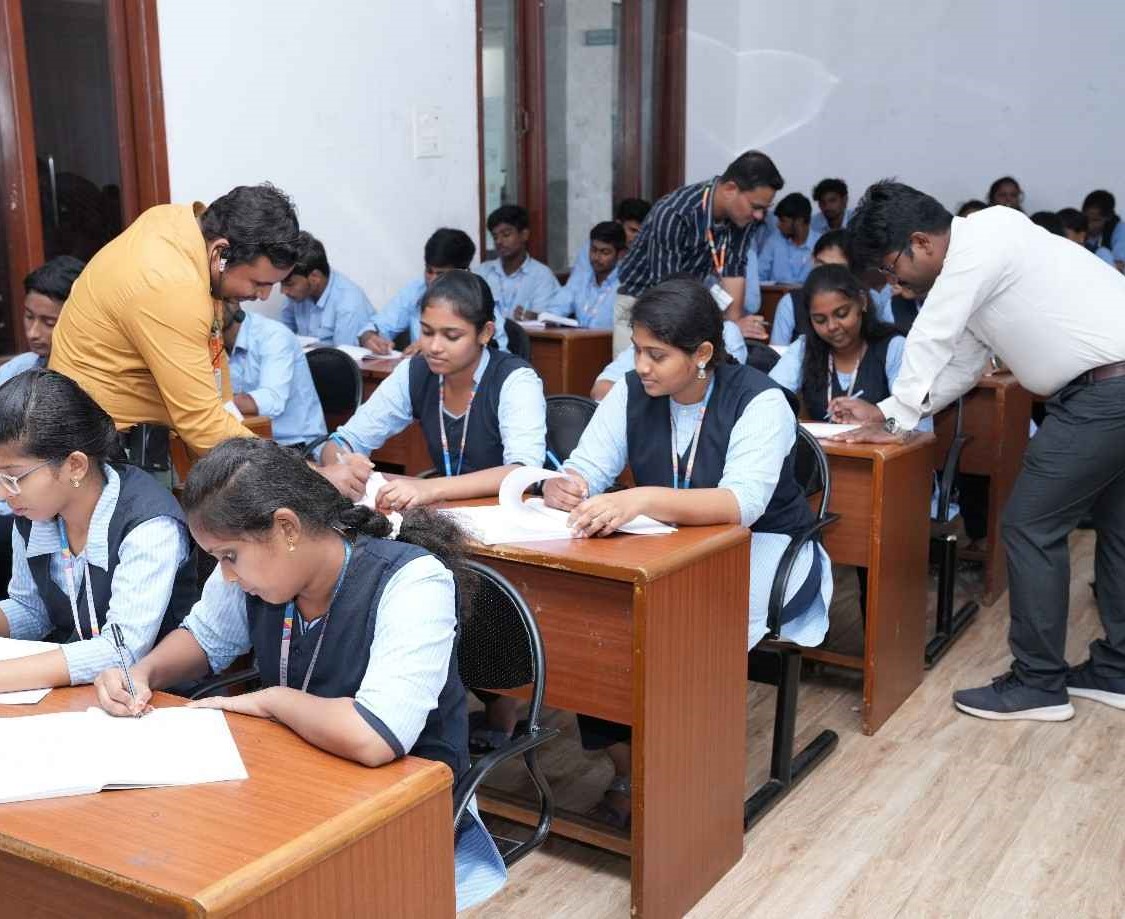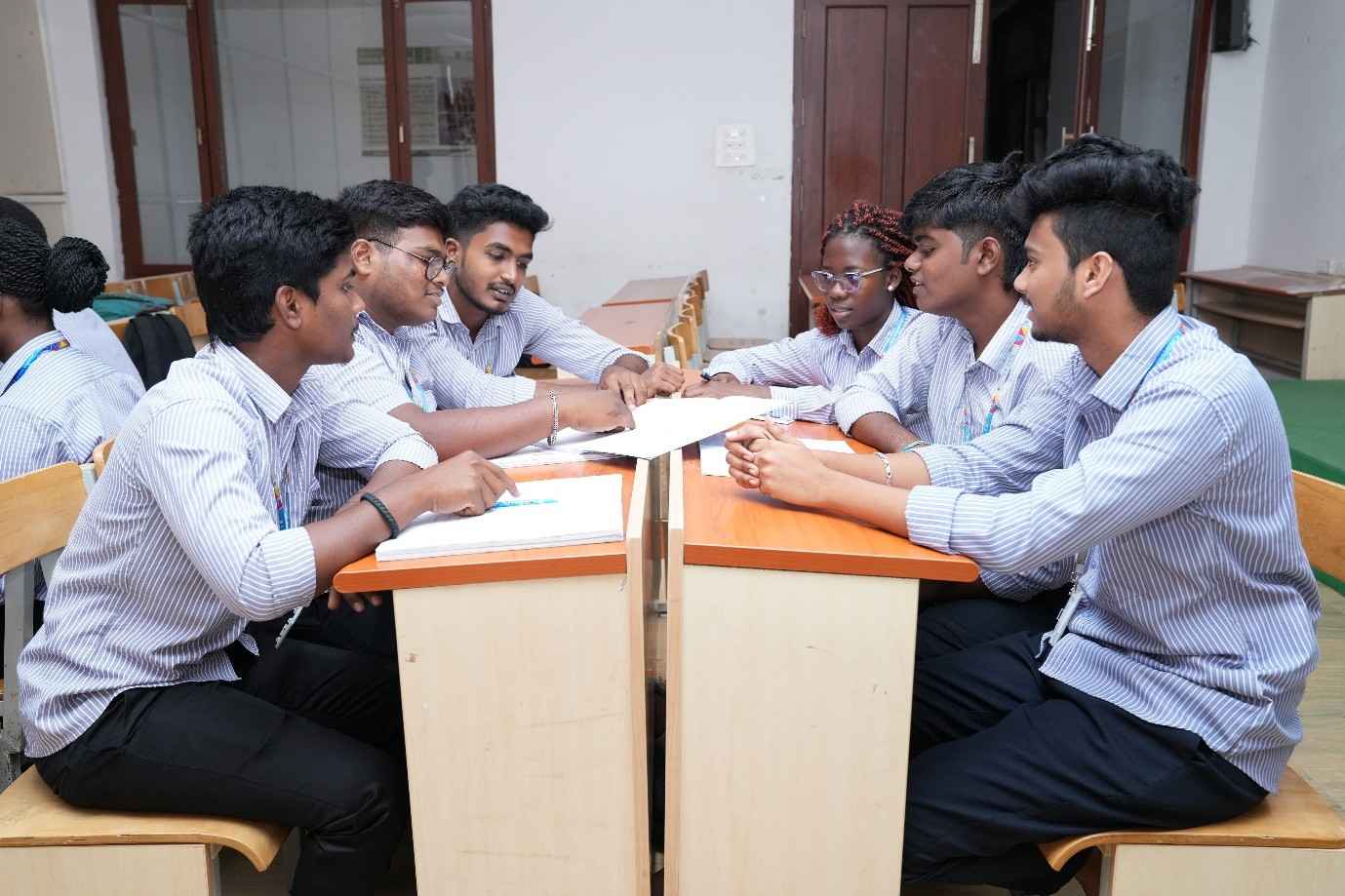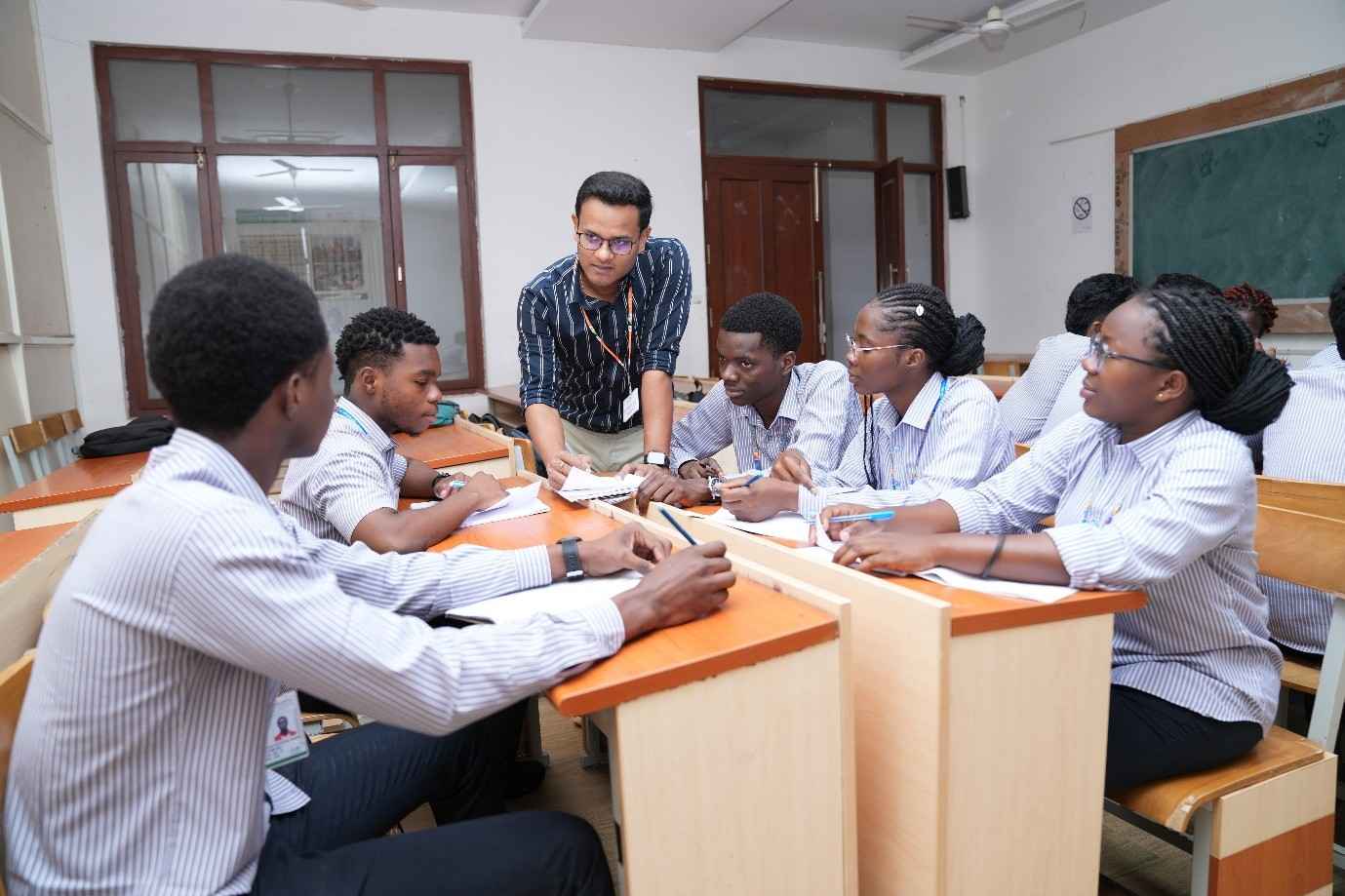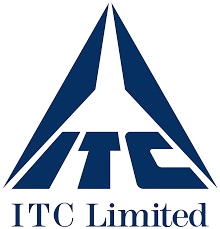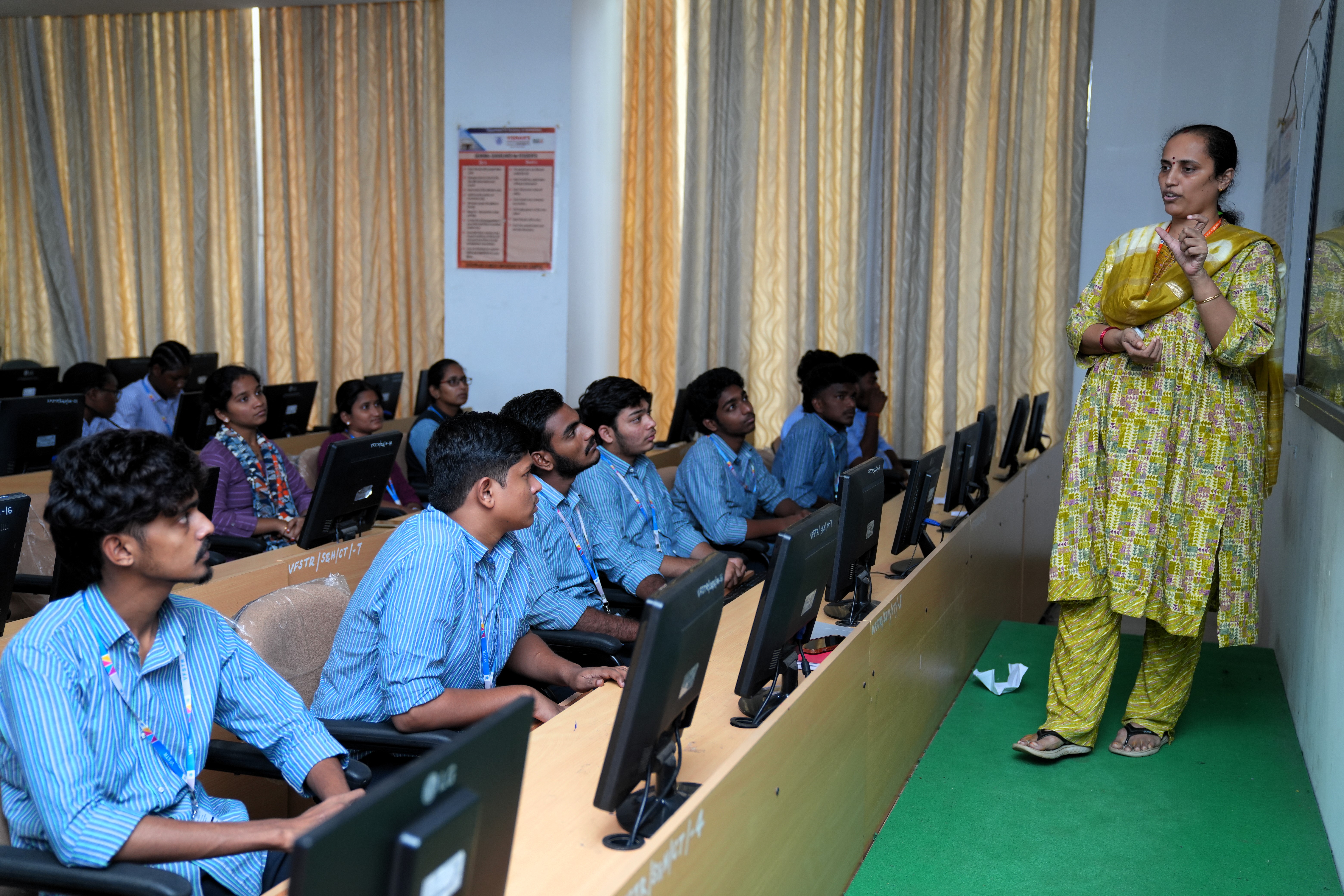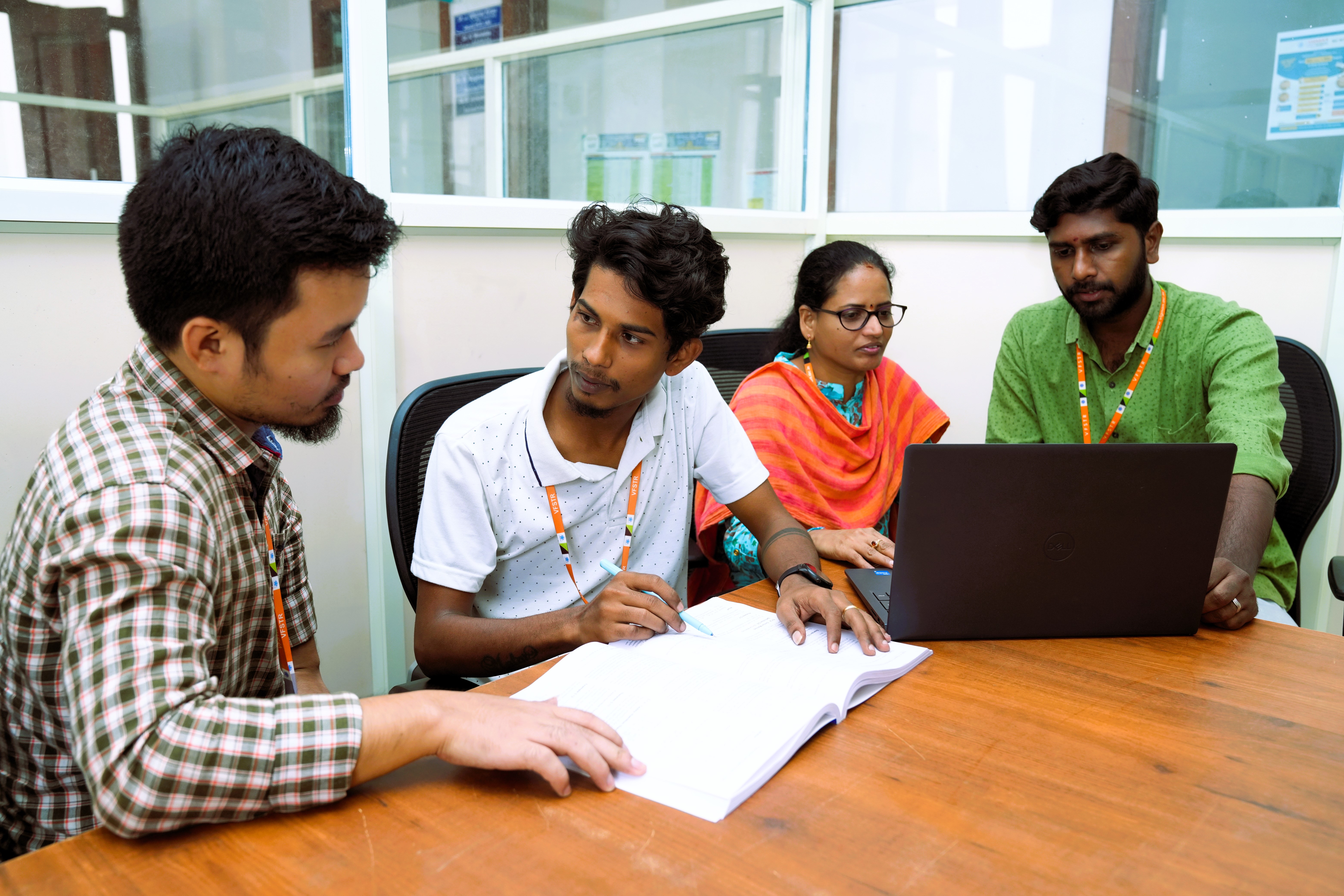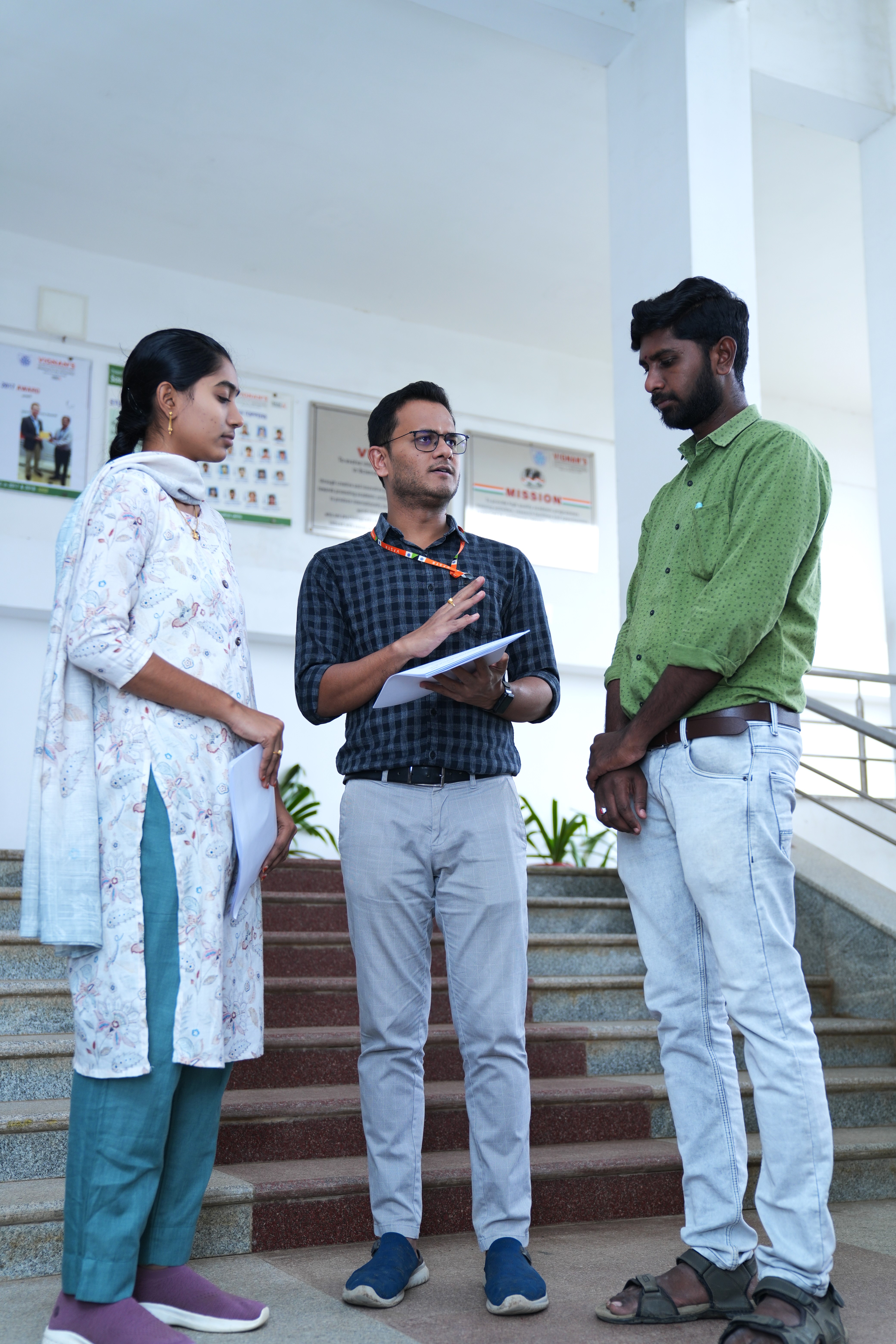26, Sep, 2024
International Conference inaugurated at Vignan
Dr Santo Banerji of Politecnico di Torino in Italy said that nonlinear analysis will accelerate innovations and research, as well as create accuracy and pave the way for new discoveries. The Department of Mathematics and Statistics, Department of Applied Science and Humanities, Department of Applied Science and Humanities, Vadlamudi Vignan’s University, Chebrolu mandal, jointly organized a three-day international conference on "International Conference on Non-Linear Analysis and Scientific Computing (ICNASC-2024)" under the joint auspices of the Department of Mathematics and Statistics, Serb, inaugurated the three-day international conference on "International Conference on Non-Linear Analysis and Scientific Computing (ICNASC-2024)" in a hybrid mode on Thursday. Later, a special issue of "ICNASC-2024" was released. Dr Santo Banerji of Politecnico di Torino, Italy, who was the chief guest at the event, said that non-linear analysis can be used for solving technology and engineering problems. It understands the problems that are not possible with linear methods and helps in solving them.
For example, nonlinear analysis plays a key role in predicting climate change or earthquakes. Non-linear systems are close to real-world problems. Our environment, biological systems, economies, etc., are all working in non-linear ways to make it easier to solve problems. Apart from this, students should also develop an understanding of subjects like Artificial Intelligence, Cryptography, IoT and Data Science. Nit Durgapur Professor Samarjit Kar, who was also the chief guest at the event, said the use of scientific computing can speed up rigorous engineering and scientific research with large calculations as well as complex simulations. It is widely used from astrophysics to material science. IIT Dhanbad professor Srinivasarao Pentyala said that using scientific computing software, a lot of calculations and data analysis can be done in a short span of time. This will reduce costs for research and industries and increase the pace of research. Tirupati Rao Padi, a professor at Pondicherry University, said all students should understand the concept of STEM (Science, Technology, Engineering and Mathematics). Right now, the whole world is focused on mathematics. Modern technologies like data science, artificial intelligence and machine learning are also based on scientific computing. These will contribute to modern problems and large data analytics.
Dr G Srinivasa Rao, faculty at the University of Dodoma in Tanzania, said nonlinear analysis and scientific computing could lead to new innovations. This will not only make research more sophisticated but will also show new ways to solve future problems. Shiv Dutt Kumar, a professor at MNNIT in Allahabad, said there are many problems in mathematics that are still unresolved. If students are able to solve any one of the problems in them, their life will settle down. Isi Kolkata professor Arup Kumar Das said that a wide range of applications should be made in physics, biology and chemistry. Nonlinear analysis and scientific computing can be used in many fields such as fluid dynamics, quantum physics, biological systems, etc. Dr Asit Saha, faculty member of Sikkim Manipal University, said that students who have mastered mathematics and statistics should opt for data science as a subject of research in the future. At present, all multinational companies are using data science extensively. So there will be a good demand for students who have mastered it. More than 500 faculty and research scholars from various countries and states participated in this international conference and published their research papers. .
Vice-Chairman of Vignan’s Educational Institutions Lavu Srikrishna Devarayalu, University Vice-Chancellor Prof. P. Nagabhushan, Registrar Dr. M.S. Raghunathan, Deans, Heads, Faculty and students of the respective departments were present on the occasion.




